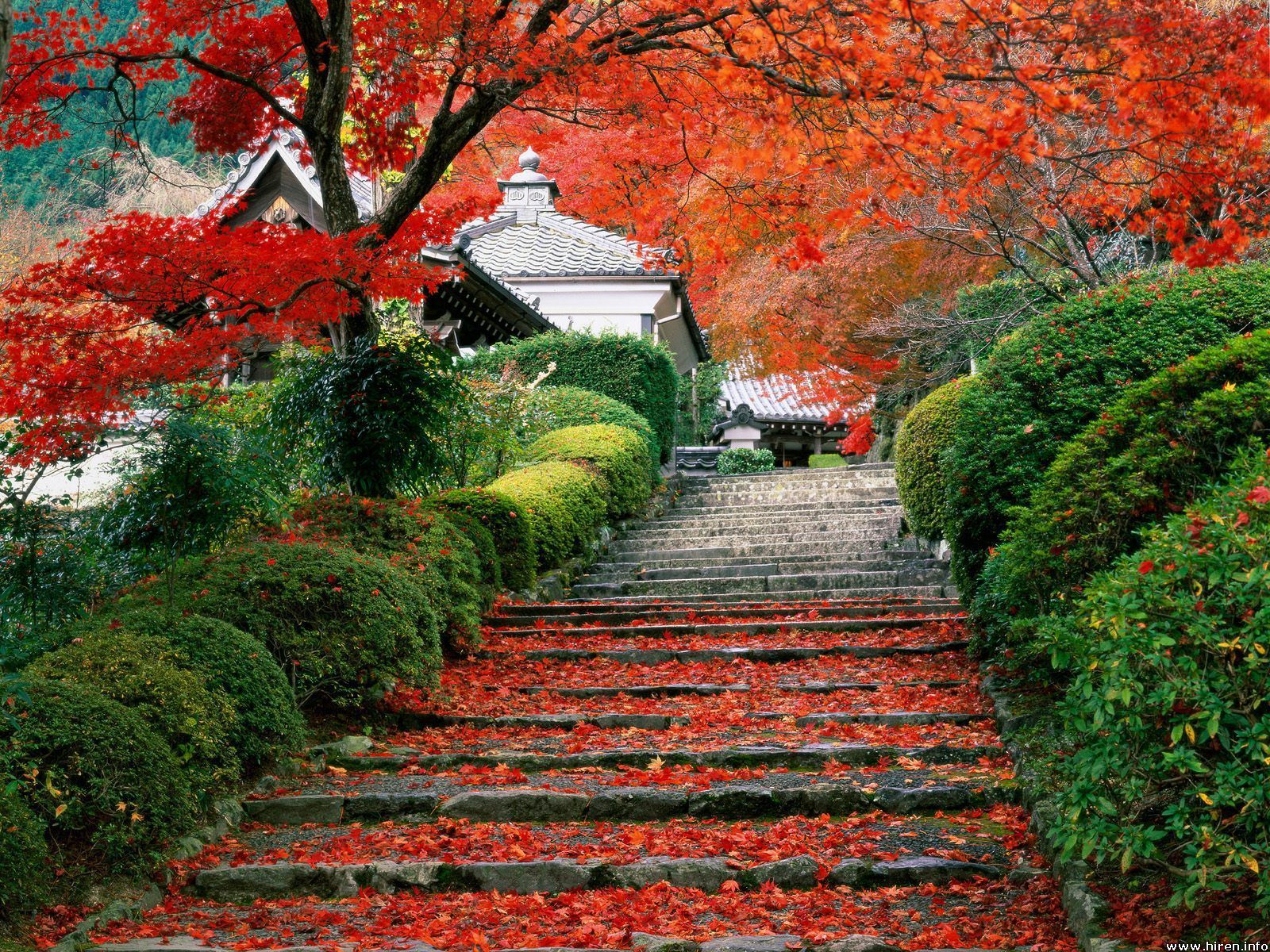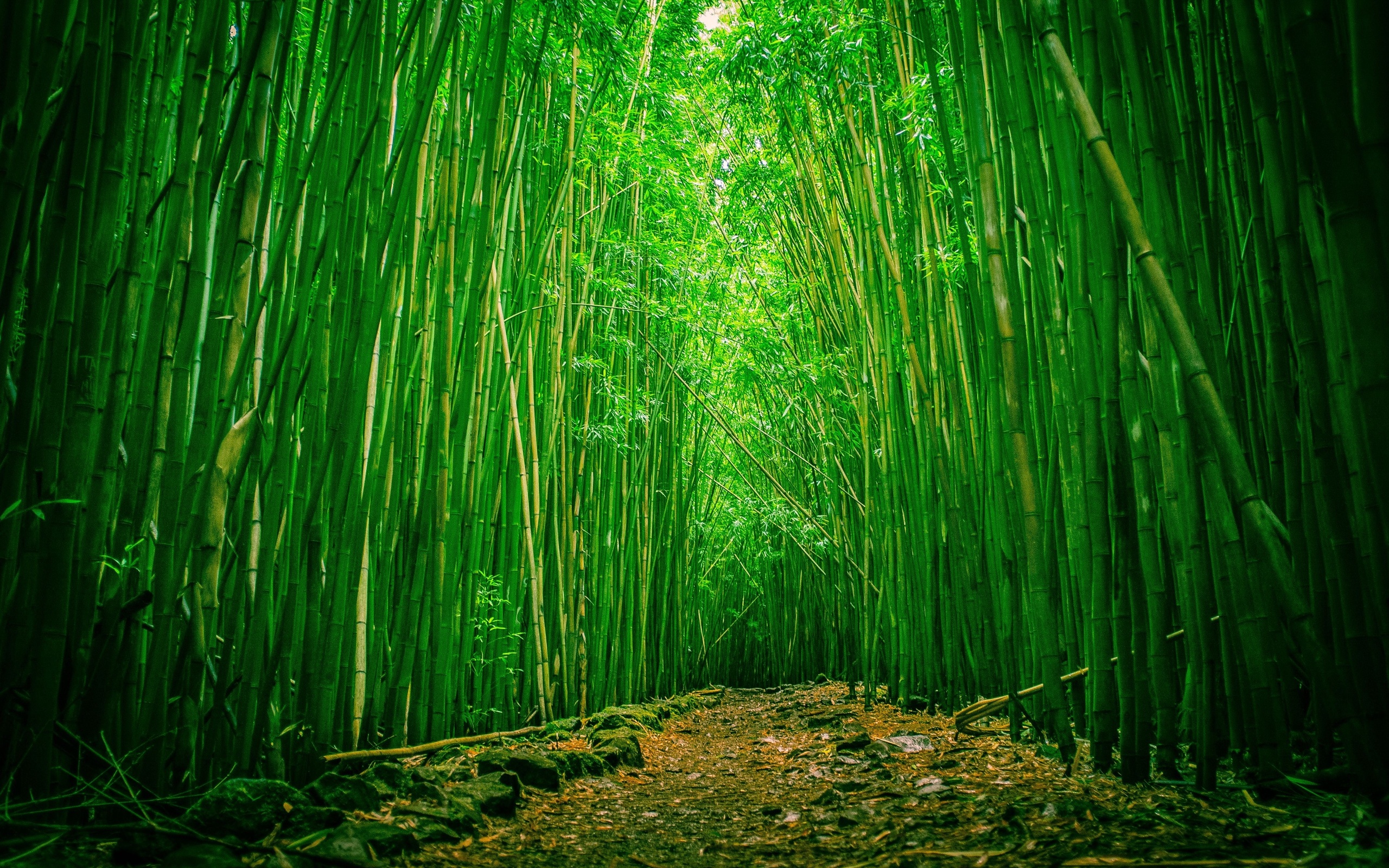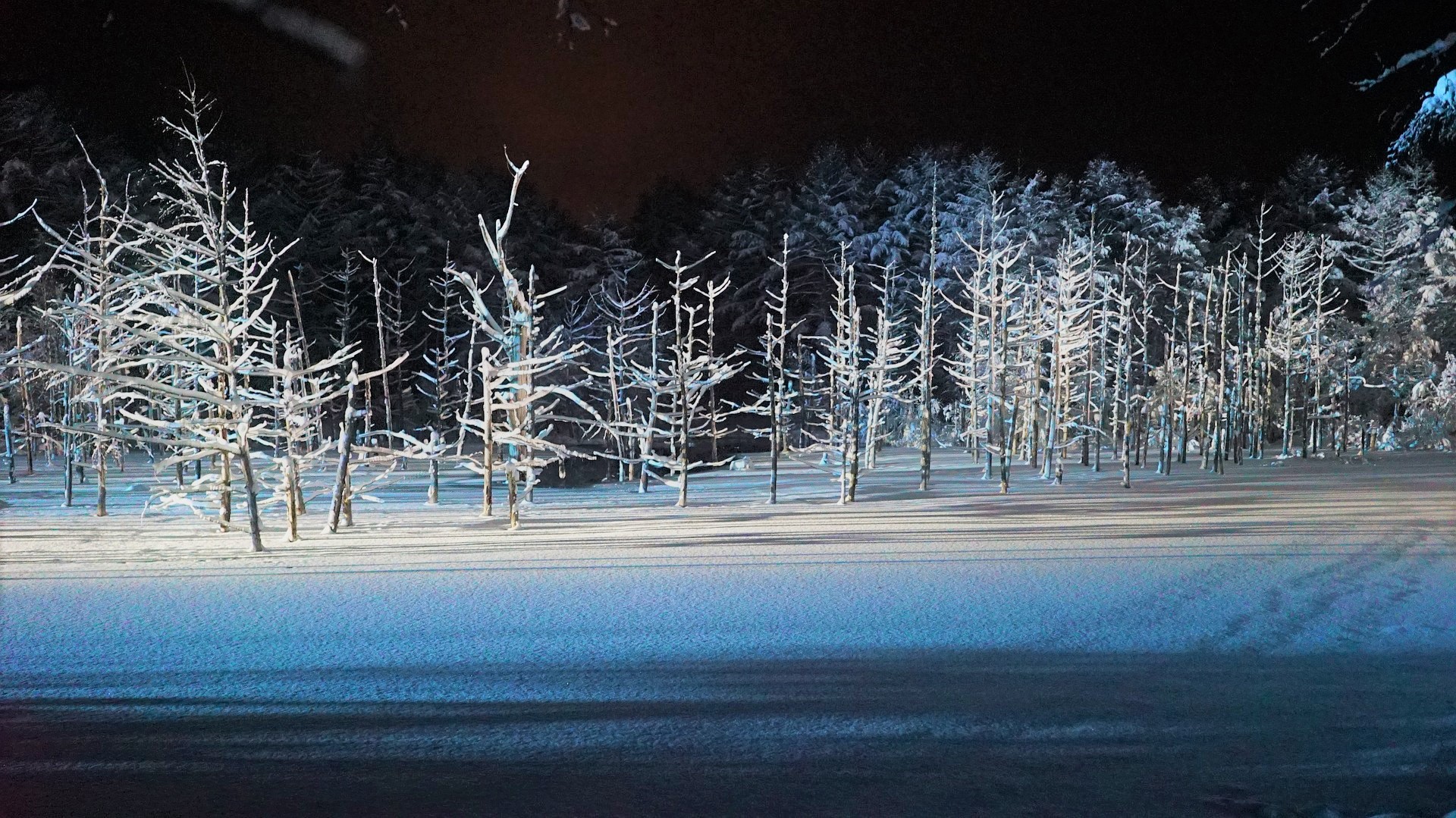Learn Japanese adjectives
Japanese adjectives are categorized into three types. The first one is called “i adjective” and the second one is “na adjective”. The third one is irregular adjective. I adjectives end in “i”. For instance, Omoshiroi (funny), Tanoshii (Enjoyable), Chiisai (Small) are all i adjectives. Examples of Na adjectives include Shizuka (quiet), Yuumei (famous), Kirei (beautiful), and it can be confusing since Kirei is part of Na adjectives. Na adjectives usually do not end in ~i but some of them end in ~rei just like Kirei. There is only one irregular adjective in Japanese language, and it is “ii” or “yoi”(good).
List of Japanese i adjectives
omoshiroi: funny
tanoshii: enjoyable
atsui: hot
atatakai: warm
tsumaranai: boring
ookii: big
chiisai: small
samui: cold
tsumetai: cool (temperature or people/personality)
nemui: sleepy
kashikoi: clever
kakkoii: good looking, handsome
kawaii: cute
muzukashii: difficult
yasashii: kind
isogashii: busy
atarashii: new
furui: old
takai: expensive
yasui: cheap (things. not people!)
katai: hard, solid
yawarakai: soft
Na adjectives:
kirei: beautiful, clean
shizuka: quiet
yuumei: famous
taihen: tough, rough
kantan: easy
shinsetsu: kind
ganko: stubborn
wagamama: selfish, demanding
kandai: generous
nigiyaka: lively
irregular:
ii: good
or
yoi: good






